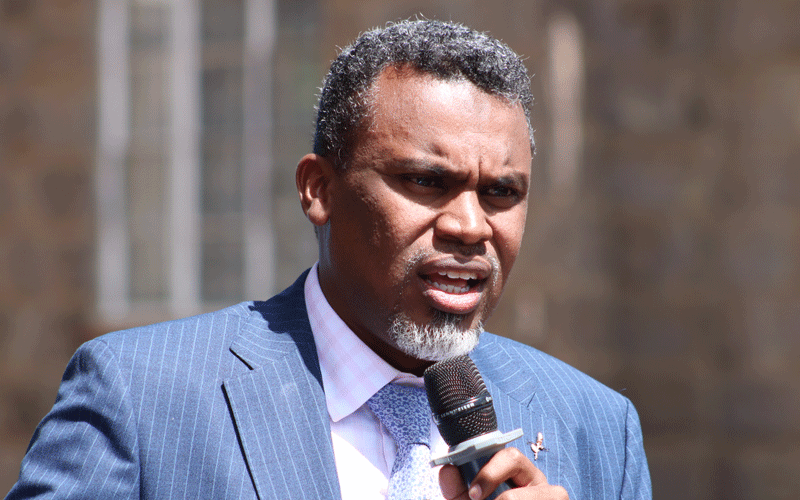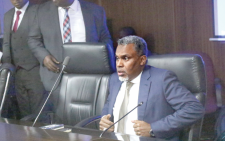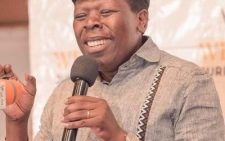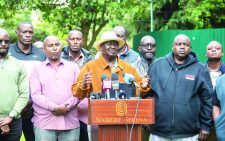State against plea seeking to recognise same sex relations

Director of Public Prosecutions (DPP) Noordin Haji has opposed an application seeking orders to amend the Penal Code to legalise same sex relations, among men who have sex with men (MSM).
Through Senior Principal Counsel David Fedha, in his replying affidavit filed before High Court judge Erick Ogolla, DPP said same sex sexual practices remain criminalised.
The petitioner, Micheal Kioko has sued the Attorney General Kihara kariuki in the matter for violating and infringing of Article 10, 12.19, 24, 27, 28, 31 32, and 33 of the Constitution.
Kioko is seeking orders to amend sections 162 to 165 of the Penal Code, to recognise and legalise marriage and union between MSM.
Kioko argues that Lesbian, Gay, Bisexual, Transgender and Intersex (LGBTI) persons are routinely harassed by the police, held in remand houses beyond the constitutional period without charges being preferred against them, and presented in court on trumped-up charges, due to lack of clear guidelines on what kind of charges to be preferred against the group.
“The Constitution does not expressly stipulate the kind of punishment to be meted against those, who by their own consent are having sex with their partners, among them lesbians and MSM, and as such we need the above acts to be amended to accommodate the rights of LGBTI persona on sexual relations,”said Kioko.
Broad protection
He informed the court that Kenya’s Statutes discriminating against LGBTI are unconstitutional and void, because of the Constitution’s broad protection of civil and human rights.
“Article 45(2) of the Constitution specifically authorises opposite sex marriage, but is silent about same-sex marriage. Every adult has the right to marry a person of the opposite sex, based on the free consent of the parties involved,” he argued.
Explicit protection
However, the DPP has opposed the application, arguing that unions among MSN amounted to sodomy, which is a felony per Section 162 of the Kenyan Penal Code, punishable by 14 years’ imprisonment, and any sexual practices between males was “gross indecency”.
“I urge the court, not to declare sections 162 and 165 unconstitutional, the State does not recognise any relationships between persons of the same sex, and same sex marriage is banned under the Kenyan Constitution since 2010. There are no explicit protections against discrimination on the basis sex,”said Fedha.
He told the court that same sex unions were acts considered as taboo and offences against the order of nature, which are repugnant to cultural values and morality.
The hearing is set for Tomorrow.













